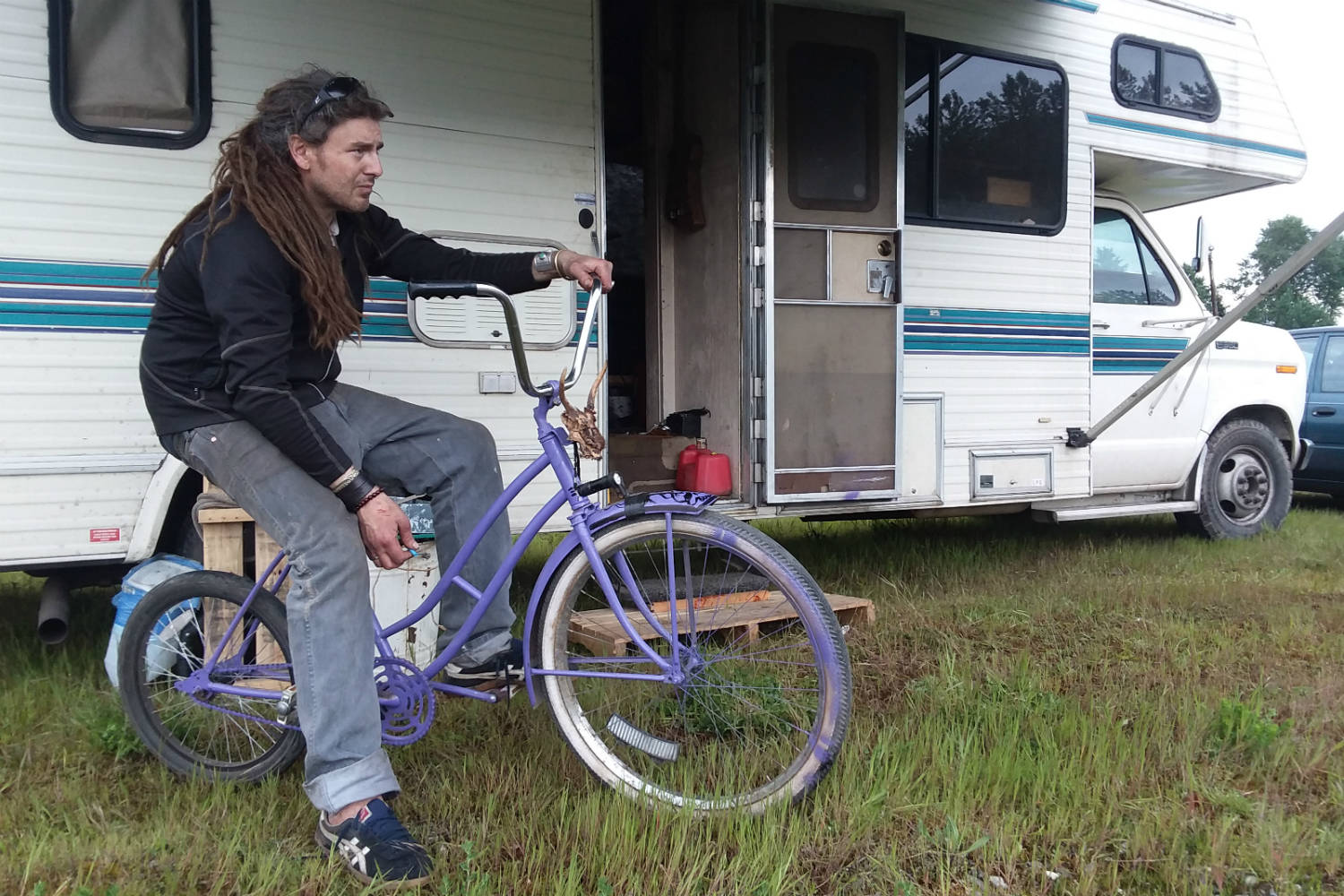Seattle City Councilmember Mike O’Brien wants the city to stop ticketing and impounding homeless vehicle-dwellers for parking and traffic violations, arguing that current policy hurts efforts to get the homeless connected with services.
“We have thousands of people living in vehicles, and we’re not going to change that situation overnight,” O’Brien said in a YouTube video posted Tuesday. “But what we can do is stop making that situation worse by ticketing, … towing, and start to get them the services they need.”
O’Brien has drafted a bill that would create “alternative paths to parking enforcement” for such campers, if they voluntarily opt-in to a special diversion program. The specifics of that alternative enforcement would fall to Seattle police and the Human Services Department. Vehicles with denizens that were enrolled in the Vehicle Residences Program would be exempt from impoundment for things like unpaid parking tickets or expired registrations. The bill does not exempt any criminal behavior or non-traffic-related civil violations; it would just keep homeless people from getting towed.
The bill became public on Monday when former Mayor Ed Murray staffer and City Attorney candidate Scott Lindsay sent an early version of it to King 5, which ran a segment featuring Lindsay criticizing the measure. Lindsay also published the draft bill on his campaign website, writing that “this proposed ordinance is a major step in the wrong direction. … It would basically except people living in vehicles from the health and safety laws governing Seattle vehicles on our streets.”
“This is a 20 page bill of creating special exemptions from the safety and parking regulations of the city,” Lindsay added in an interview with Seattle Weekly Tuesday. “That puts them beyond those laws that are otherwise applicable to every other vehicle in the city. … That creates a double standard that will harm people who are living in their vehicles.” Lindsay said he decided to release the early draft bill because he is concerned that O’Brien’s bill might slip through council without “robust debate.”
O’Brien’s YouTube video came in response to the early leak of the draft. He said the King 5 story “played on the worst fears” about homeless people and misrepresented what is actually a criminal justice diversion program as blanket legal immunity for poor criminals.
O’Brien’s bill follows recommendations made by a work group he convened earlier in the year. At 2 p.m. on Wednesday, the City Council’s Human Services and Public Health will hear a presentation on those recommendations.
This would not be Seattle’s first diversion program. Law Enforcement Assisted Diversion (LEAD) has proved effective at diverting people accused of petty drug and prostitution crimes from courts and jail and into health services, jobs, and housing. LEAD participants are about 60 percent less likely than their peers to be arrested after completing the program.
Nor would this be O’Brien’s first time trying to bring a harm-reduction approach to Seattle’s homeless response. In 2016, he sponsored a bill originally authored by the state ACLU and Columbia Legal Services that would have limited the circumstances in which city authorities could evict homeless encampments. Specifically, the bill would have required authorities to direct campers to some other location where they could camp, unless the campers were interfering with public use of a space (like blocking a sidewalk or occupying a sports field) or creating an imminent public health or safety hazard, in which case they would just have to go.
In October 2016, someone leaked a copy of a pair of maps created by the mayor’s office that purported to show the placed that could be used for camping if the bill passed. The recipient of that leak, again King 5, ran a segment claiming that the bill “would allow homeless camps on thousands of acres” of Seattle. As we reported, the maps grossly exaggerated the area that would have been affected. The leak roused angry home and business owners against the bill, and chair Sally Bagshaw ultimately smothered it in the Human Services and Public Health committee.
Lindsay, who advised the mayor on public safety at the time, declined to answer when asked on Tuesday whether he was also responsible for that 2016 leak.
cjaywork@seattleweekly.com








